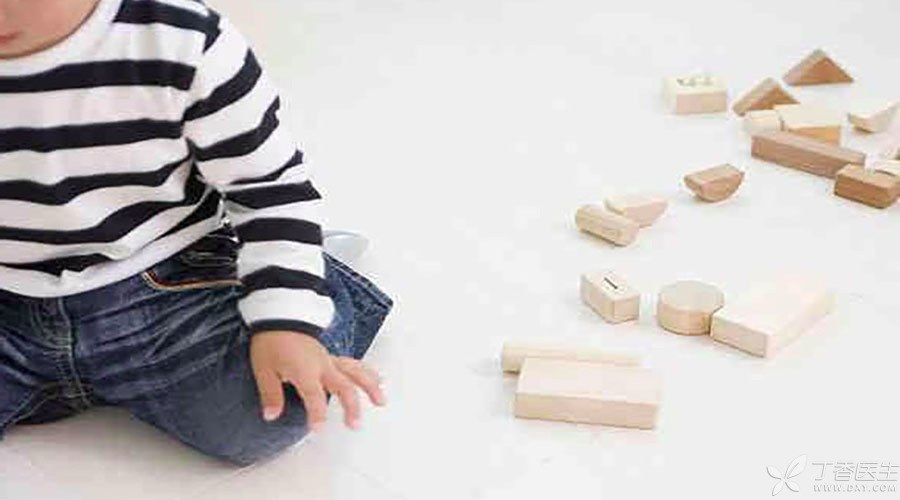
Recently, a saying is very popular:
The more chaotic the home is, the smarter the child is. A little chaos in the home can give more stimulation to the child’s brain and make the child develop better.
After the family has a baby, baby supplies are everywhere. When the baby reaches the [mischief period] of 2-3 years old, it is more common to throw toys around the house. If the family is more chaotic and clever, does it mean that there is no time to tidy up the baby?
In this regard, teacher Qin Nan, a child psychological consultant, has his own opinions. Let’s listen to what he said.
There is no direct causal relationship between [family chaos] and [intelligence].
In order to [support] this [theory], some articles will also take the desktops and rooms of some famous artists and entrepreneurs as examples. It seems that it is precisely because of these people’s [room and desktop disorder] that they are disorderly.
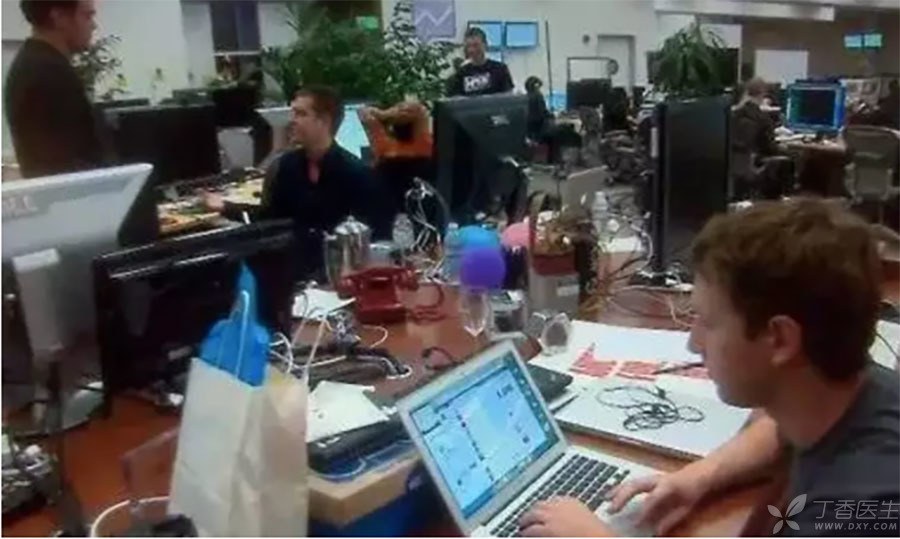
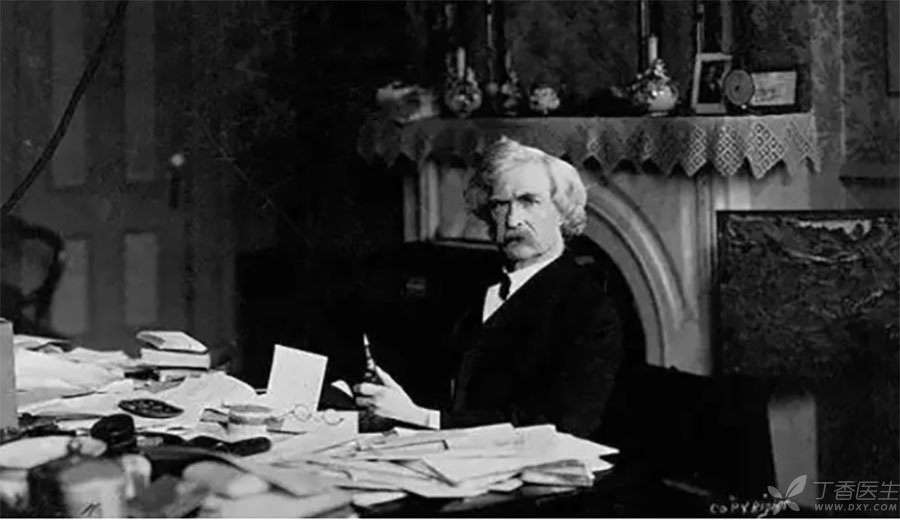
Look! Celebrities are all like this, and our family can follow suit.
Wait, there seems to be something wrong.
According to this conclusion to infer, that is to say, if I find a kindergarten class children to compare the messy degree of the family, can I predict who will be smarter and more successful in the future?
[Family Chaos] and [Child Intelligence] are two concepts. From the perspective of child development psychology, there is a certain connection, but there is no direct causal relationship.
Does the family environment have a what impact on children’s growth?
We will analyze it from two common situations.
Too neat a home vs too messy is not good for children’s growth.
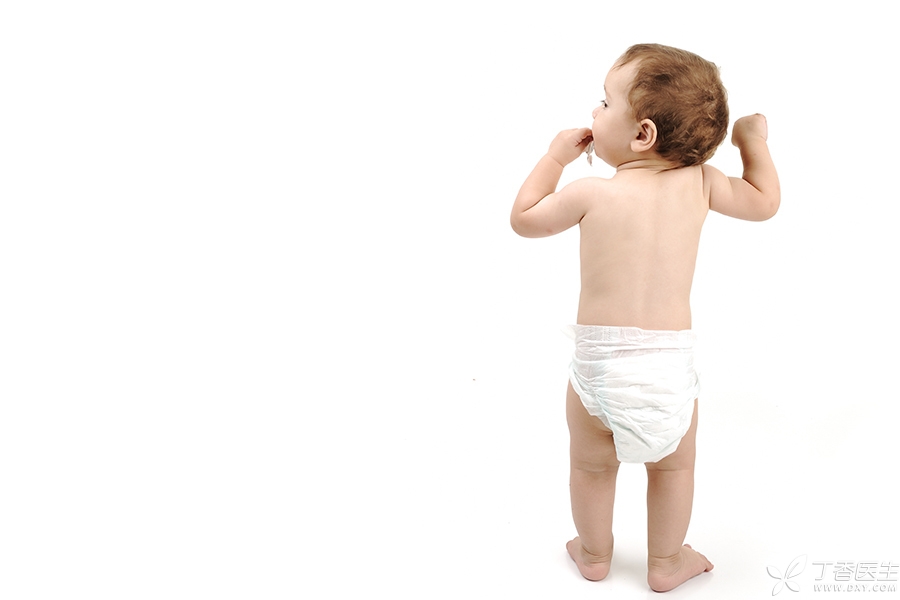
1. Too clean and tidy a home will limit the development of children’s abilities.
Some parents will especially pursue [cleanliness], can’t see their children eat all over, can’t bear their children to play all over the place, always say [don’t make a mess], and even set rules for their children at home, [don’t do this, don’t do that].
In fact, 6 months to 3 years old is the second stage of the baby’s brain development. In this stage, the completion rate of brain development is about 80% ~ 90%, and the activity of the brain is twice that of adults.
Too neat placement and neatness actually artificially reduce the possible contact opportunities between children and objects, that is, reduce the possibility of stimulation and contact with the outside world.
In other words, toys, books and articles that can be touched at will can actually stimulate their desire to explore, and can continuously stimulate them to explore and discover clues to the world.
Touching, grasping, slapping and even biting are all the ways they contact and explore the world.
On the other hand, too clean and tidy an environment is also an obstacle to the baby who is exploring the outside world at a high speed. Fearing to get dirty and messed up to criticism will make the baby stop exploring the outside world and become inferior and timid.
2. Too messy a home will make children lack a sense of order.
In a psychological research report, it is pointed out that too chaotic and disorganized families will make children more prone to problems in terms of physical health than other children, and when they are in such an environment for a long time, their psychological development will be deviated and more emotional problems will occur.
- The chaotic environment affects the children’s mood. The family is in a mess. The children’s picture books and toys are all scattered everywhere. The children are easily impatient when they cannot find anything. Over time, their temper will become irritable.
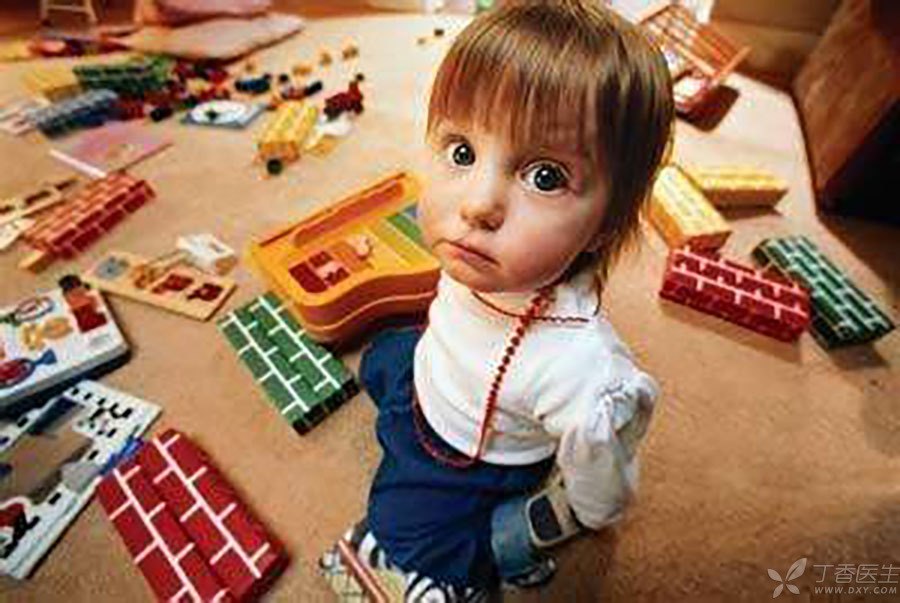
-
The messy room environment will also make children lack a sense of order.
Long-term messy environment will cause children to have a weak sense of inner order, and this will also make children lack basic security.
This sense of disorder may be regarded as normal in the children’s small environment at home, but when children get into the habit of attending kindergartens or even primary schools, they will be bound by the [rules] in the school, and many problems will follow.
Master the two secrets of order in chaos and raise smart and sensible children.

Can’t be too clean, can’t be too messy, how can this be good?
Parents can create [orderly chaos] for their children in an orderly environment so that children can fully explore and express themselves.
1. Set aside exclusive space for babies to play.
For example:
- When children like graffiti, you can stick white wallpaper on one wall to let children play freely. Children eat more [dirty], can prepare bibs, dining chair under a plastic cloth for children to eat and play; There are many toys for the child, so prepare a toy corner for him, which belongs exclusively to the small corner where he can [rummage through boxes and cabinets].
… …
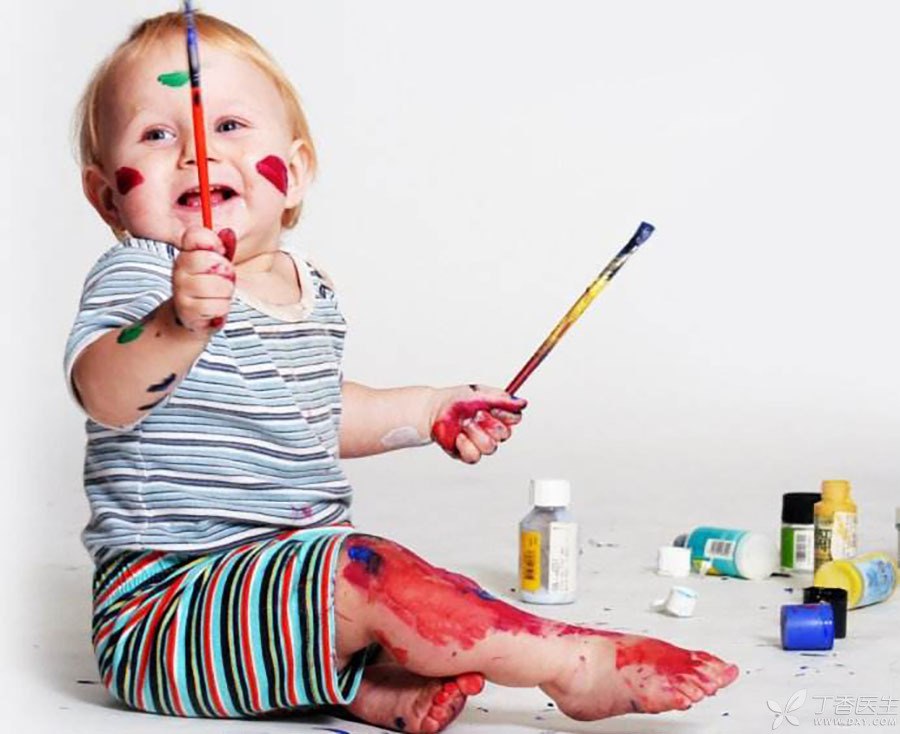
In this space, children can explore their own world to their heart’s content, and while exploring the world, they also learn [boundary consciousness] (because the exclusive territory will make children realize that this is their own world and sense of order) and also make children realize the meaning of abiding by the rules.
The most important significance here is that children feel that they are respected and independent individuals.
2. Cooperate with your baby to make messy and orderly.
When the child is a little older, you can agree on the rules of play with the child:
Use [traffic lights] to let toy cars and dolls return to their [homes] through the set [traffic modes].
Use [Invite to Visit My Museum] to better collect and summarize books, jigsaw puzzles and small toys.
Use the game of “Lianliankan who is it” to collect and sort out the number of utensils similar to paper, seals, etc.
… …
When the toys return to their original positions, parents can also come with the baby, [see who tidies up more] and [tidies up faster]. Cultivate the baby’s storage habits, and when the child grows up, he will also take the initiative to help the parents tidy up their homes and become [a good helper for his parents].
The last thing I want to say is that whether the room is messy does not determine whether a child is smarter or more promising, and whether a child is smarter is not the only criterion to measure his happiness in life.
What is more important than these is that as parents, we understand the needs of our children, provide a better environment and guide them better.
